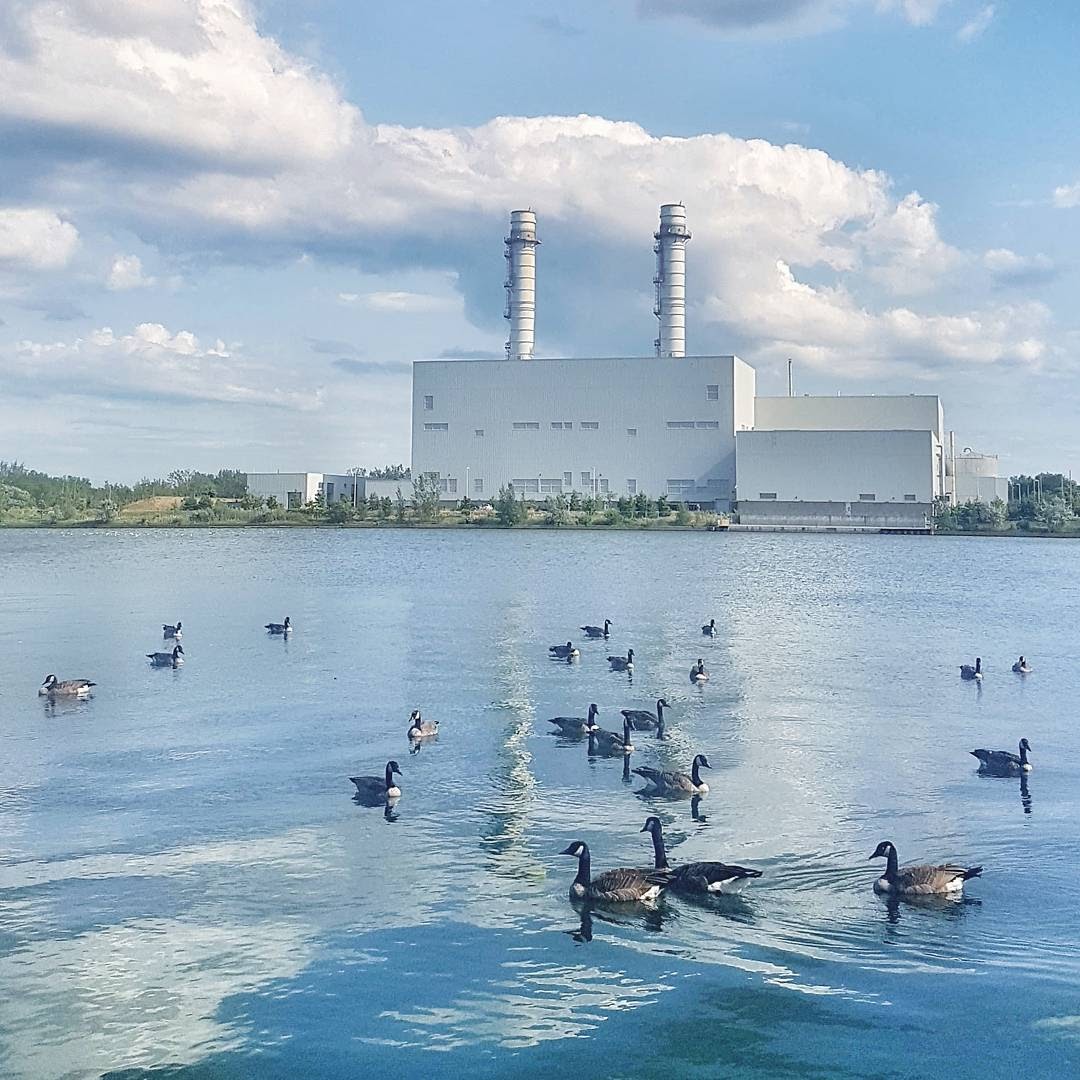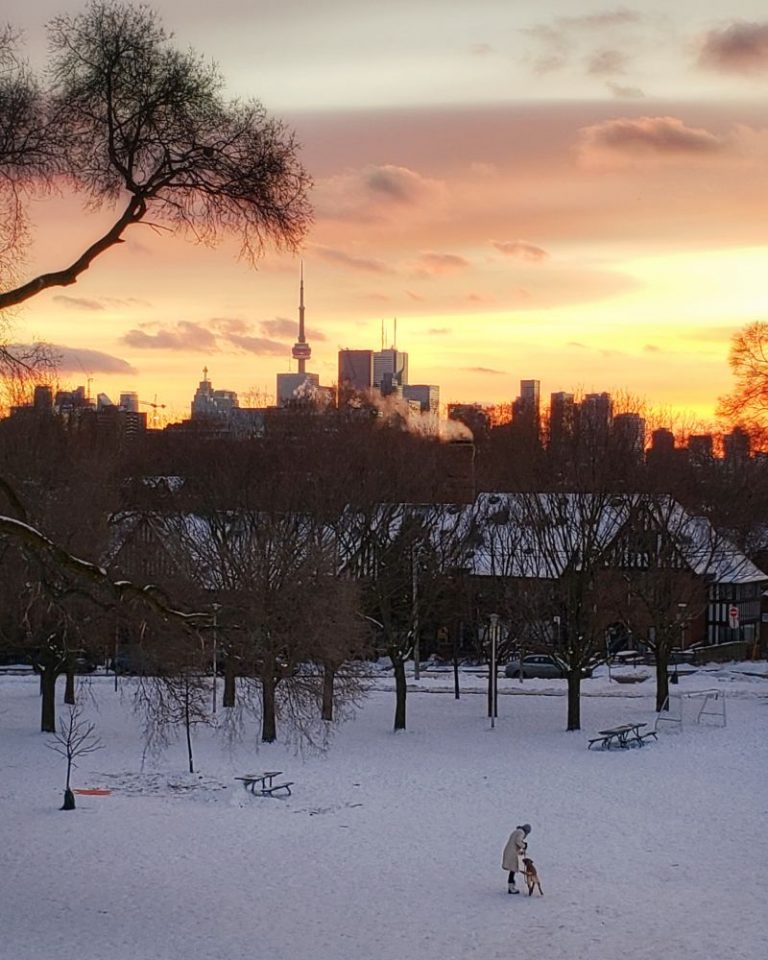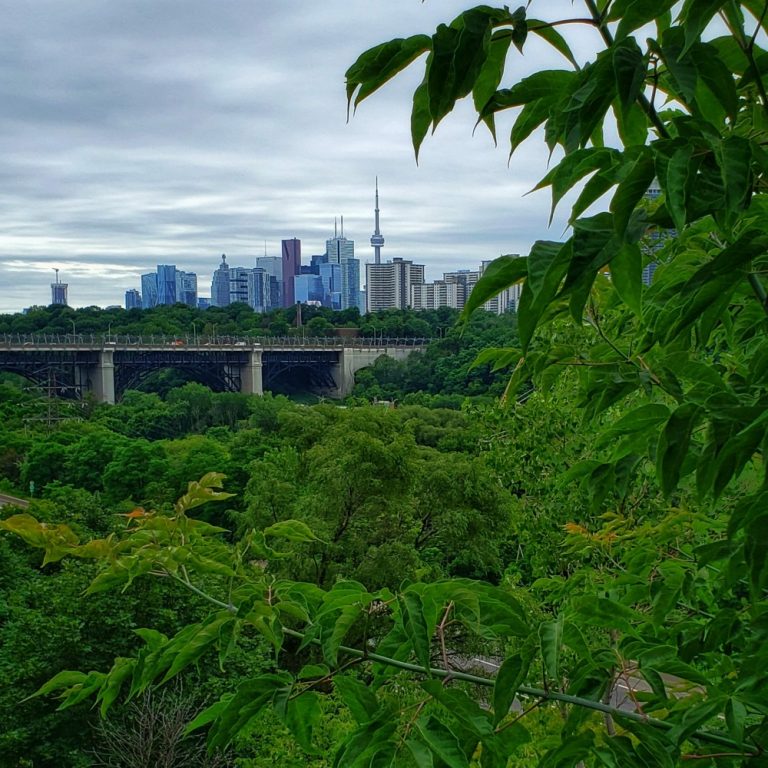Toronto Income Property Newsletter: September 2017

The biggest question on everyone’s mind as we head into September is whether this market slowdown that we have been experiencing over the past couple of months will continue. Or will we back to a crazy Sellers’ market for the duration of the year like we experienced in the first two quarters of 2017?
It seems like public opinion is split on this one and no one can really say for sure. In my opinion, it is safe for investors to jump back into the income property market as it seems like the worst of it is behind us now.
I can say definitively that the demand has slowed down for sure, but it doesn’t seem like prices have been affected all that much. I believe the CREA statistics that showed prices in the GTA starting to drop is more reflective of stuff in the 905 and areas a little further out from the downtown core. Quality income properties are still selling quite quickly for close to the asking prices. It just doesn’t seem as if there are as many buyers for them as there was before, thereby making bottom-line returns a little more attractive.
I will be back next month with my analysis of what to expect for the fall market. Happy Labour Day everyone. I hope you all enjoy this last little bit of summer that we have left.
- P.A.
The Current State of the Toronto Income Property Market
After an unprecedented six months of high priced sales in the Toronto real estate market, it seems like market conditions have returned to a point where investors can start contemplating buying income properties again. Toronto has historically always been a desirable city to invest in duplexes, triplexes and multiplexes, although in recent months returns have been negligible and in some cases even non-existent. It seems like it is finally safe to jump back into the market after a period of uncertainty and confusion for the small-scale investor.
We are starting to see cap rates rise again to the mid four per cent range, which is encouraging. With many sales attracting multiple offers and prices well above the asking, a lot of income property sales in the first several months of 2017 in the GTA made no fiscal sense whatsoever. It appeared like buyers were paying anything and foregoing returns just to get into the market. In many cases, these over-paying buyers were hoping for continued long-term capital appreciation rather than a yearly R.O.I. This has all been a case of buyers been more speculative rather than relying on the fundamentals of investing.
A similar situation is unfolding in surrounding areas of Toronto. For those investors looking outside the GTA in cities like Oshawa or Hamilton, these areas offer the investor an alternative to the high prices of the big city. These towns can be a viable investment alternative to buying income properties in Toronto.
Five Sure-fire Ways to Find New Tenants
Traditionally, September is one of the busiest months for tenants moving into their new apartments. A lot of student renters are active at this time of year. Currently, in Toronto we have a serious shortage of quality apartments available for rent, so as a landlord you shouldn’t have a hard time at all finding new tenants for your property.
When your current tenants leave you need to know how to find new ones to replace them. I suggest that you consider all these sources as you certainly can’t have too much interest. Here are my top five ways for landlords to advertise to new potential tenants:
- Classified websites like kijiji and Craigslist are still the best source to find people looking to rent. You can place your ads here for free.
- Rentals websites like viewit.ca or apartments.com are also good although you pay to post your ad.
- Put a “for rent” sign in the window. It’s old-school but it works.
- Use social media like Facebook and Twitter. Word of mouth amongst your social circle can be very powerful and yield positive results.
- Hire a realtor to post your suite on MLS. I often recommend this only if you have tried the free sites as this will cost you one month’s rent in fees.
Toronto Vacancy Tax
Is it time to start taxing those owners who buy real estate in Toronto and decide not to live in the properties or rent them out?
Mayor John Tory has created an executive committee to look at a new vacant home tax. The mayor has called for a tax on property owners who keep units empty as a way to combat the increasingly-crowded rental market. Thus far Tory’s executive committee voted to allocate $75,000 for a study on the tax, but they did acknowledge that there are challenges to administering the levy, including determining whether a property is vacant.
“There’s no point in having something that you can’t enforce,” he said. “So, it’s being sent out for further consultation and for some design work. (City officials will) come back and if it makes no sense or if it’s not going to have any positive impact on calming the housing marketplace then my interest will be diminished.”
It is expected that a final decision will be made later on this month. A similar tax exists in Vancouver, although it is likely too early to determine whether this initiative is having any meaningful effects as yet.
Share this:
- Click to share on Facebook (Opens in new window)
- Click to share on Twitter (Opens in new window)
- Click to share on LinkedIn (Opens in new window)
- Click to share on Pinterest (Opens in new window)
- Click to share on Reddit (Opens in new window)
- Click to email a link to a friend (Opens in new window)
- Click to print (Opens in new window)



